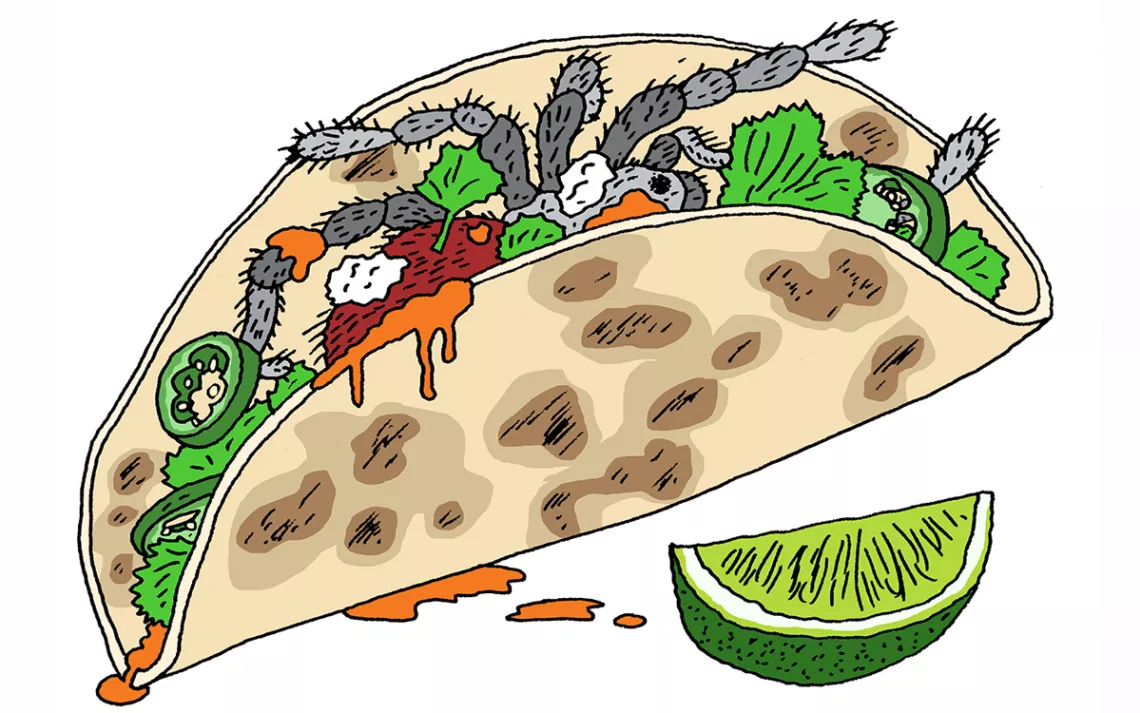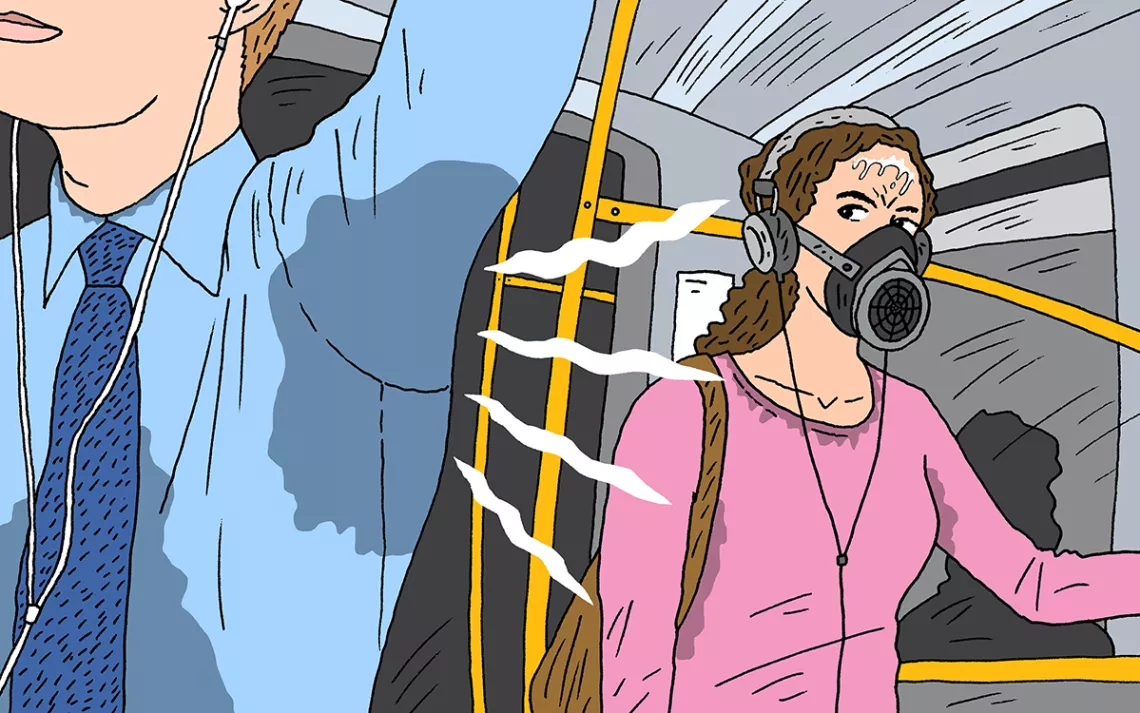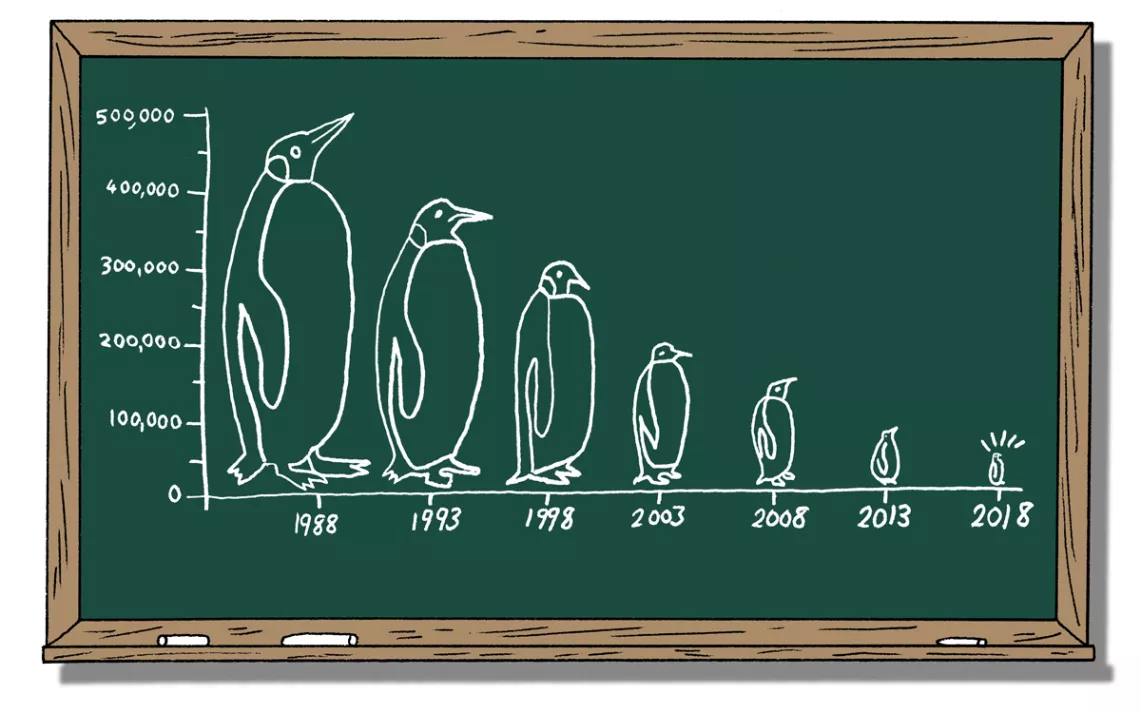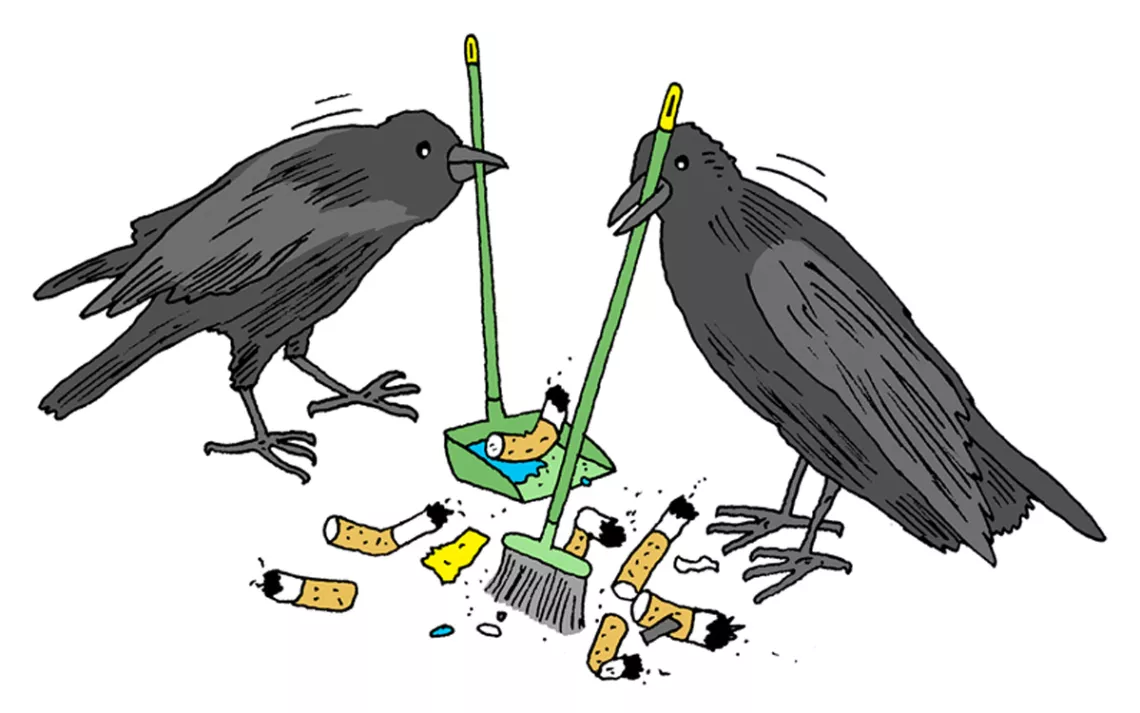All the Environmental News In Case You Missed It
Tarantula tacos, shrinking penguins, too hot for sex, and more

A school groundskeeper who says his non-Hodgkin lymphoma was caused by Monsanto's Roundup herbicide is awarded $289 million by a San Francisco jury.
A Mexico City restaurant can't serve $27 tarantula tacos because the Mexican red rump tarantula is a protected species.
Atmospheric CO2 levels are higher than they have been in 800,000 years.
July in Death Valley is the hottest month ever recorded on Earth, with an average temperature of 108°F. Parts of Japan hit 106°F, a new national record.
Fossil fuel companies have spent nearly $2 billion since 2000 lobbying the government not to take action on climate change, outspending climate activists by a factor of 10 to one.

Soaring temperatures in Vienna, Austria, lead transit authorities to pass out deodorant to passengers on the city's subway.
An orca carries the body of her dead calf around Puget Sound for 17 days and 1,000 miles before letting it go.
Reductions in air pollution from coal-fired power plants, automobiles, and manufacturing are offset by increased pollution from wildfires.
Russian hackers seek the ability to disrupt the U.S. electrical grid.
Two-thirds of Republicans believe that humans are causing climate change and that we should do something about it but don't speak out because they assume their GOP peers are climate skeptics.

The world's largest colony of king penguins has shrunk by 90 percent over the last 30 years. The number of bird species in the Mojave Desert has declined by 40 percent.
As the population of rural Japan shrinks, bears move into towns. Drought causes emus to invade a town in Australia's outback. Goats run wild in Boise.

French crows are being trained to pick up cigarette butts and other litter.
Pleistocene worms that were frozen in Siberia's permafrost for 42,000 years are brought back to life.
Power is restored to everyone in Puerto Rico, 328 days after Hurricane Maria.
North Atlantic waters are too warm to cool nuclear power plants in Norway and Finland, leading some to shut down.
Authorities in Bogotá, Colombia, advise residents suffering from a heat wave to keep cool by abstaining from sex.
This article appeared in the November/December 2018 edition with the headline "Up to Speed: Two Months, One Page."
 The Magazine of The Sierra Club
The Magazine of The Sierra Club



